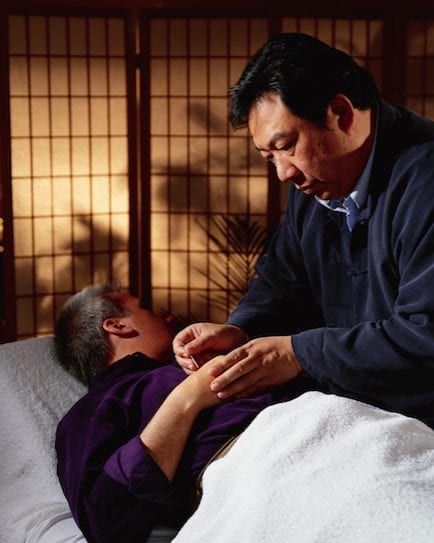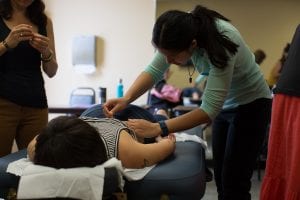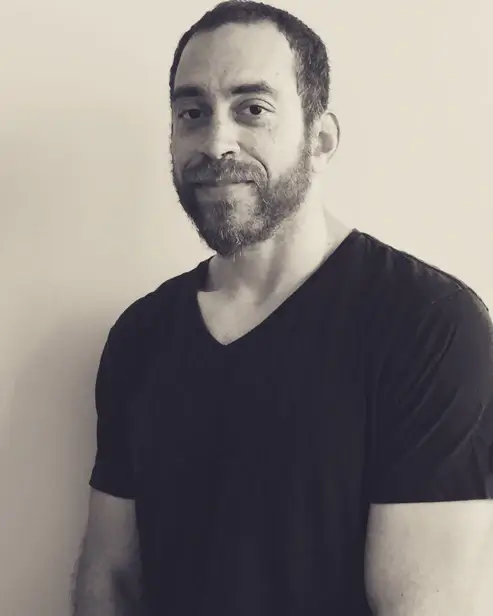Both a concern and critique of acupuncture frequently espoused by the biomedical community is that “there is no standard of care for acupuncture”. This statement is, at best, disingenuous.
Perspectives on Acupuncture Standards from the Biomedical Field
FROM THE MEDICAL COMMUNITY
Before we get into what determines the standard of care for an acupuncturist, we need to discuss what the phrase implies for medical doctors, which is where the term originated. The phrase is most commonly referenced in malpractice cases against emergency medicine physicians and is constantly evolving through court decisions (1). In recent cases, judges have ruled that “standard of care” means the minimal level of competency, compared to what another physician would have done under similar circumstances.
From the American Medical Association’s (AMA) Journal of Ethics (2):
“Standard of care can be defined as ‘…not a guideline or list of options; instead, it is a duty determined by a given set of circumstances that present in a particular patient, with a specific condition, at a definite time and place’. In other words, standard of care is sensitive to time, place, and person. This is a challenge to physicians who try to adhere strictly to clinical guidelines because the absence of absolute standards forces physicians to make judgments that may prove in hindsight to have been incorrect.”
Licensing Requirements and Accreditation Process for Acupuncture in the USA
LICENSING AND ACCREDITATION
There are a couple of entities involved in the governance of the practice of acupuncture in the United States:
The Accreditation Commission of Acupuncture and Oriental Medicine: governs the accreditation and curriculum of institutions such as colleges and training programs.
The National Certification Commission for Acupuncture and Oriental Medicine certifies individuals to practice acupuncture in the U.S. However, to maintain certification or licensure in many states, practitioners may need to undergo ceu acupuncture courses for continued professional development. Each state has its own requirements for practicing, and not all of them require certification. In addition, 4 states (WY, SD, OK, AL) don’t have any requirements at all. California is a special exception, with comparatively more stringent licensing requirements.
Are you interested in becoming a certified acupuncture professional?
Visit the links below to explore our specialized acupuncture programs at a campus near you:
Educational Prerequisites and Training for Acupuncturists
EDUCATION
Before enrolling in a professional acupuncture program, you must have at least 60 hours of credits at a university or accredited institution, which includes at least 9 hours of bioscience.
In order to receive a master’s degree from an accredited college/university (3) and qualify to take the licensing exam, you must have fulfilled the following credit requirements (4) (example taken from NYS Office of Professions):
4500 hours of classroom instruction, which includes:
- An additional 200 hours of Biosciences
- 600 hours of study in acupuncture principles, technique, diagnoses, channel theory, location, case studies and precautions
- 650 hours of supervised clinical experience
If you are a licensed MD/DO or DMD/DDS, with just 300 hours of study in an abbreviated program (5), you can be eligible for a license.
Acupuncture Practices and Standards: A Comparative Insight
For the most part, licensed acupuncturists are not operating in the capacity of emergency medicine (6). A significant part of our training does focus on pathophysiology and identifying red flag conditions, for which any competent practitioner should refer out. I can understand how there could be confusion on the issue of standard of care for acupuncture practice when it comes to acupuncturists. Even with a similar educational background, treatment of a given condition will vary between practitioners. This is in part due to personal preference and style (7) of acupuncture. Though the approach may be different, the goal still remains: to address the patient’s condition.
Even the U.S. courts have acknowledged that differences in the approach of treatment do not constitute a deviation from standard of care or malpractice. What seems to be a reasonable and logical instruction to the jury, from the trial judge, in the 1995 case of McCourt v. Abernathy (8):
“The mere fact that the plaintiff’s expert may use a different approach is not considered a deviation from the recognized standard of medical care. Nor is the standard violated because the expert disagrees with a defendant as to what is the best or better approach in treating a patient. Medicine is an inexact science, and generally qualified physicians may differ as to what constitutes a preferable course of treatment. Such differences due to preference… do not amount to malpractice.
I further charge you that the degree of skill and care that a physician must use in diagnosing a condition is that which would be exercised by competent practitioners in the defendant doctors’ field of medicine…
Negligence may not be inferred from a bad result. Our law says that a physician is not an insurer of health, and a physician is not required to guarantee results. He undertakes only to meet the standard of skill possessed generally by others practicing in his field under similar circumstances.”
So why would this reasoning not apply to acupuncturists? If we are truly putting the patient’s welfare first, it’s past due to put aside petty biases. From the opioid epidemic to diabetes and other chronic illnesses, there is a high cost to pay, both human and financial, for not using an integrative approach, as pointed out by Elizabeth A. Wang, BS/BA, MD Candidate ’17, UC Davis School of Medicine:
“According to the Centers for Disease Control and Prevention (CDC), 70 percent of all deaths are due to chronic disease, and the cost of chronic care exceeds $1.5 trillion a year, or 75 percent of all medical expenses. Only a fraction of our budget is spent on prevention and health promotion, despite evidence that prevention can do much to reduce the burden of chronic disease.” (9)
REFERENCES
1. https://www.ncbi.nlm.nih.gov/pmc/articles/PMC3088386/
2http://journalofethics.ama-assn.org/2005/11/hlaw1-0511.html
3https://thebestschools.org/rankings/best-acupuncture-schools-us/
4.http://www.op.nysed.gov/prof/acu/acupunlic.htm
5.https://www.tsca.edu/prospective-students/doctors/
6.http://www.healthcmi.com/Acupuncture-Continuing-Education-News/1279-acupuncture-emergency-room-hospital-care-gets-a-yes
7.https://yinyanghouse.com/acupuncture/introduction_to_acupuncture
8.https://www.ncbi.nlm.nih.gov/pubmed/10394679?report=abstract
9.https://exploreim.ucla.edu/health-care/east-meets-west-how-integrative-medicine-is-changing-health-care/
Featured Posts:


